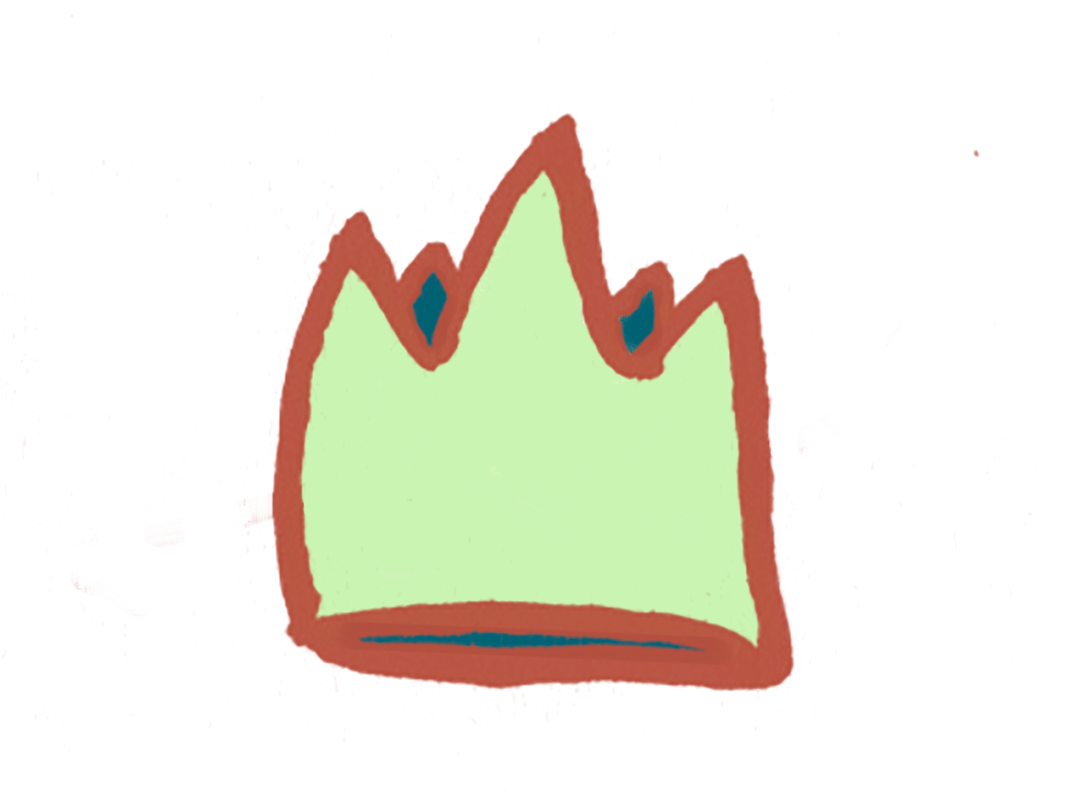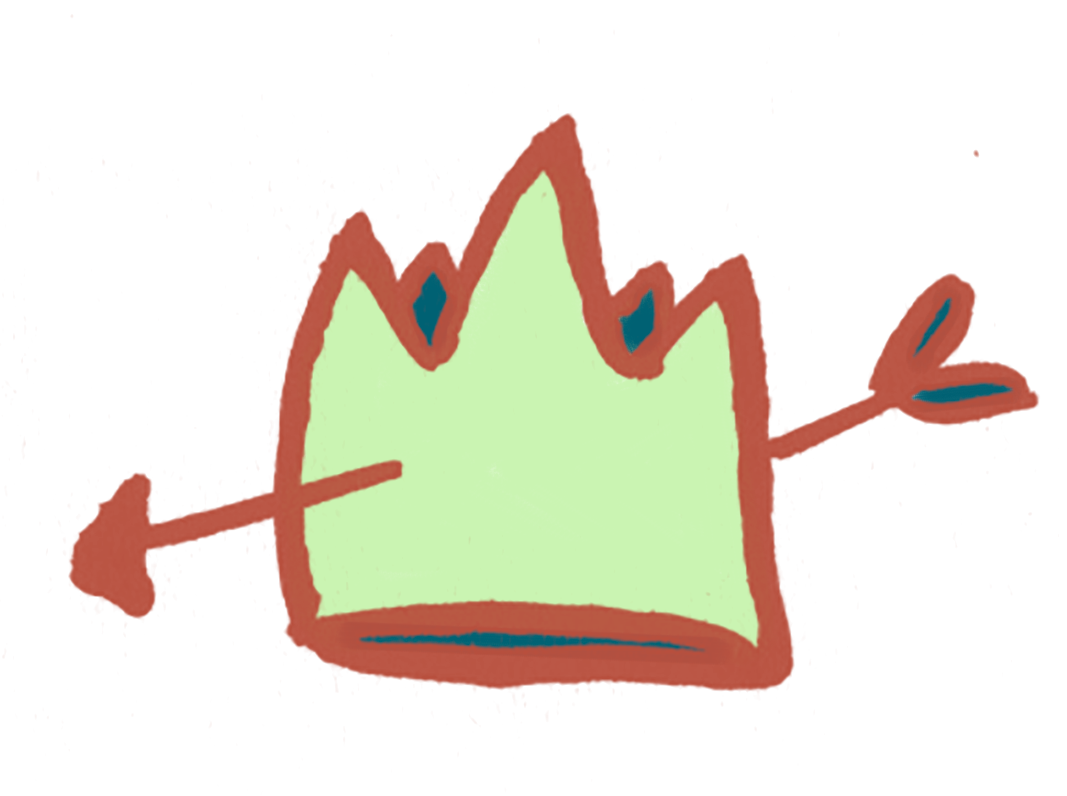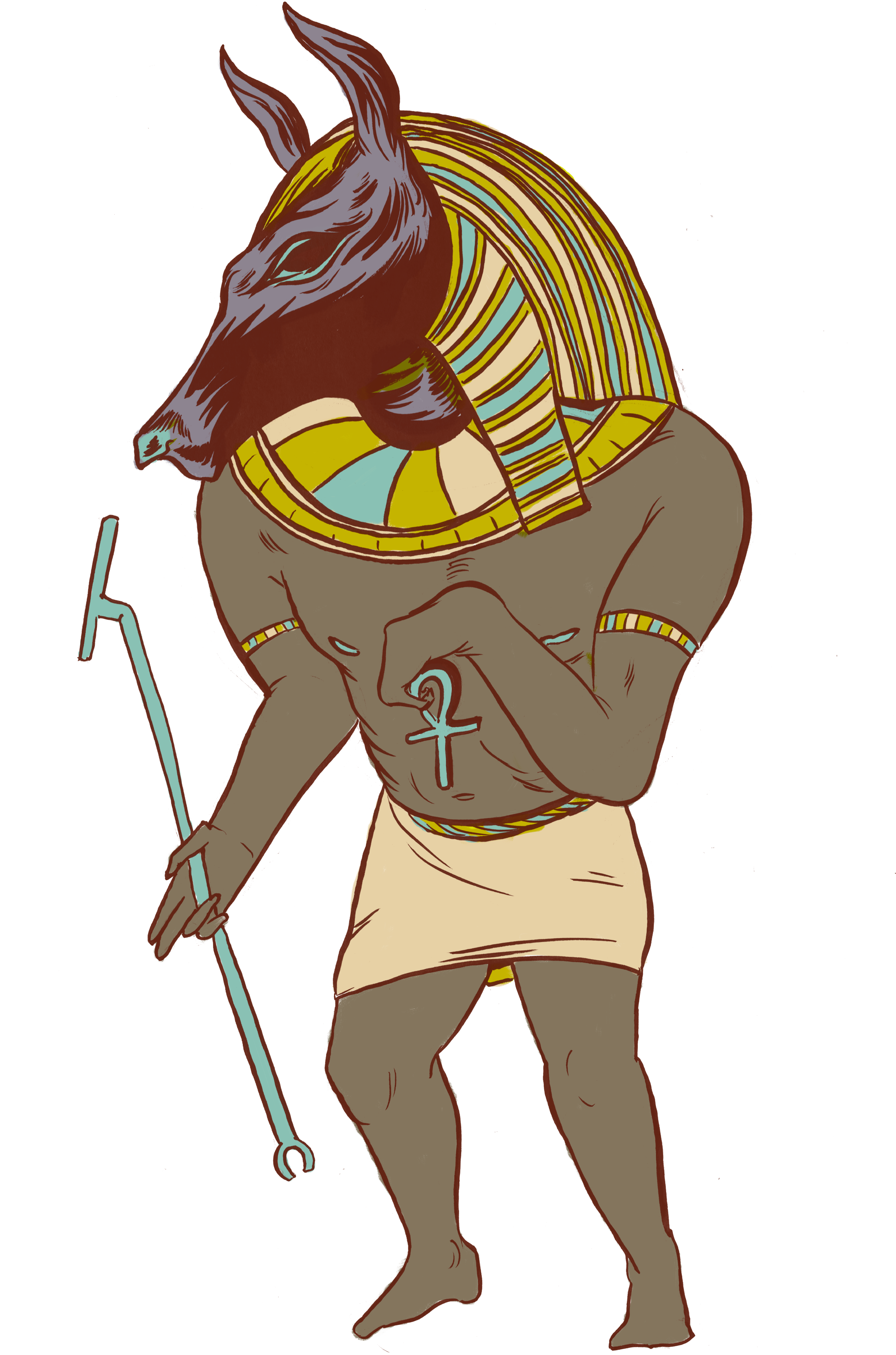

Madam Mythos
Africa

Anubis
According to early myths, Anubis took on and defeated the nine bows (the collective name for the traditional enemies of Egypt) gaining a further epithet "Jackal ruler of the bows".
J Hill 2016
Ancient Egypt Online
Origins
Ancient Egyptian Mythos
Home
Necropoleis
Alias
"He who counts the Hearts" &
"The Dog who Swallows Millions"
Alias
"He who counts the Hearts" &
"The Dog who Swallows Millions"
The Legend (taken directly from ancient.eu, author: Joshua J. Mark)
"Anubis is the Egyptian god of mummification and the afterlife as well as the patron god of lost souls and the helpless. He is one of the oldest gods of Egypt, who most likely developed from the earlier (and much older) jackal god Wepwawet with whom he is often confused. Anubis' image is seen on royal tombs from the First Dynasty of Egypt (c. 3150-2890 BCE) but it is certain he had already developed a cult following prior to this period in order to be invoked on the tomb's walls for protection. He is thought to have developed in response to wild dogs and jackals digging up newly buried corpses at some point in the Predynastic Period in Egypt (c. 6000-3150 BCE) as the Egyptians believed a powerful canine god was the best protection against wild canines."
Physical Description
"He is depicted as a black canine, a jackal-dog hybrid with pointed ears, or as a muscular man with the head of a jackal. The color black was chosen for its symbolism, not because Egyptian dogs or jackals were black. Black symbolized the decay of the body as well as the fertile soil of the Nile River Valley which represented regeneration and life. The powerful black canine, then, was the protector of the dead who made sure they received their due rights in burial and stood by them in the afterlife to assist their resurrection. He was known as "First of the Westerners" prior to the rise of Osiris in the Middle Kingdom (2040-1782 BCE) which meant he was king of the dead (as "westerners" was the Egyptian term for departed souls in the afterlife which lay westward, in the direction of sunset). In this role, he was associated with eternal justice and maintained this association later, even after he was replaced by Osiris who was then given the honorary title 'First of the Westerners'"

